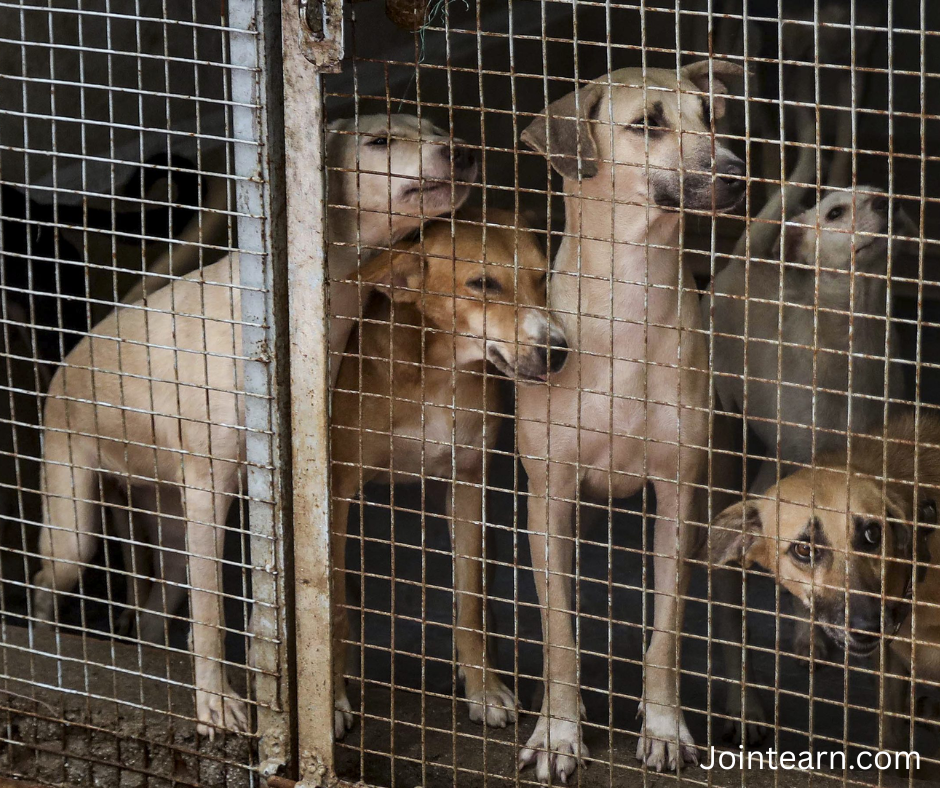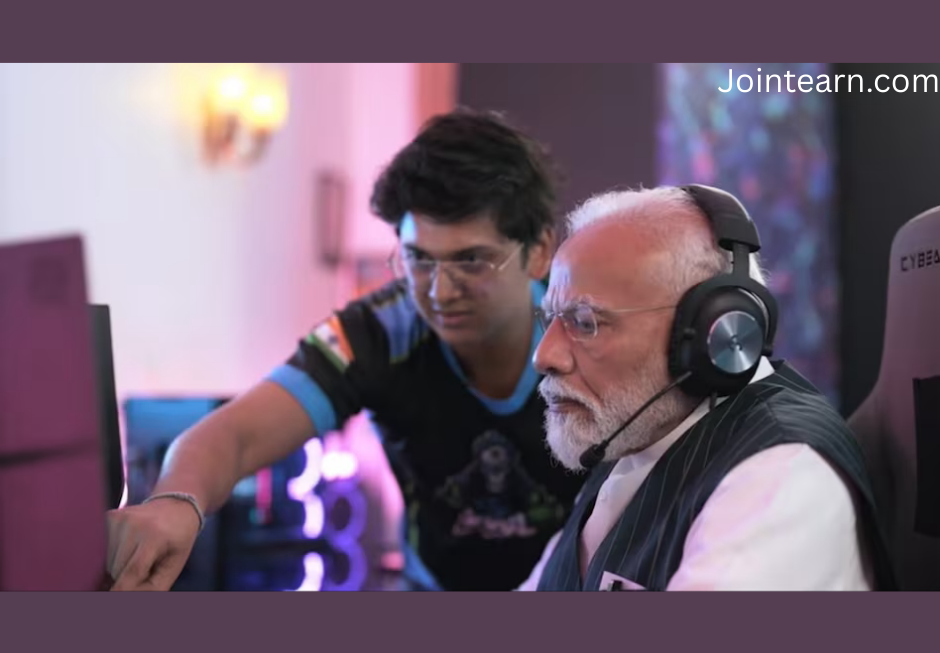By Utkarsh Anand
Published: Aug 21, 2025, 08:54 PM IST
NEW DELHI: The Supreme Court of India is set to deliver its judgment on Friday regarding the contentious August 8 order that directed civic authorities to capture all stray dogs in Delhi and its four neighbouring districts—Noida, Ghaziabad, Gurugram, and Faridabad—and house them in shelters. The court will determine whether the order should be suspended in its entirety, modified, or allowed to remain as it stands.
Earlier on Thursday, an urgent plea filed by an animal rights organisation requesting immediate consideration of the matter was refused by a separate bench. This temporary refusal meant that, for the time being, the August 8 order remained enforceable. However, the larger three-judge bench led by Justice Vikram Nath, which had reserved its judgment on August 14, is now expected to pronounce its ruling on Friday.
The original order, issued by Justices JB Pardiwala and R Mahadevan, mandated the Municipal Corporation of Delhi (MCD) and civic authorities in Noida, Ghaziabad, Gurugram, and subsequently Faridabad, to round up all stray dogs within eight weeks. The captured dogs were to be kept in dedicated shelters, with no re-release into public spaces. The civic agencies were also instructed to establish shelters capable of accommodating at least 5,000 animals within this timeframe.
A detailed written order released on August 11 reiterated these instructions and incorporated certain welfare safeguards for the animals in shelters. Yet, the sweeping directives sparked significant controversy, drawing criticism from animal welfare organisations that argued the measures could lead to cruelty and violated statutory guidelines.
Following complaints highlighting conflicts with the Prevention of Cruelty to Animals Act and the Animal Birth Control (ABC) Rules, the Chief Justice of India, Bhushan R Gavai, reassigned the matter from the original bench to the larger three-judge bench led by Justice Nath. During hearings on August 14, the bench criticised the Delhi government and civic bodies for failing to implement their own regulatory framework for managing stray dogs, stating, “You frame laws and rules but do not implement them,” and noting that both human safety and animal welfare were being compromised. The court sought clarification from the government on whether it intended to follow the statutory regime.
Solicitor General Tushar Mehta, representing the Delhi government, cited “shocking” instances of child injuries and deaths caused by dog bites to underline the urgency of intervention. While asserting that the dogs should not be killed, he argued they needed to be separated, sterilised, and treated humanely, urging the court to devise an effective solution for the growing public health challenge. Additional Solicitor General Archana Pathak Dave assured the bench that the administration would comply with any directions issued.
Opposing the government’s position, senior advocates including Kapil Sibal, Abhishek Manu Singhvi, and Sidharth Luthra, representing animal welfare groups, argued that the August 8 order was legally flawed and impractical. They stressed that the ABC Rules mandate sterilisation and vaccination followed by the dogs’ return to their original locality, not mass removal to shelters. They warned that a hurried operation without proper facilities would inevitably result in cruelty. They also cited parliamentary data indicating no recent deaths in Delhi from dog bites, questioning the factual necessity for the MCD’s measures.
The August 11 written order had also stipulated welfare safeguards for the captured dogs. It directed that animals in shelters must not face mistreatment, starvation, or overcrowding; vulnerable dogs should be housed separately; timely veterinary care must be provided; and adoptions could only occur under strict supervision. Any re-release of adopted dogs into public areas would invite strict legal action.
The suo motu case was initially triggered by the tragic death of a six-year-old girl from rabies following a dog bite. The original bench highlighted “disturbing patterns” of dog-bite incidents and cited local authorities’ inability to maintain public safety as a primary concern.
As the city awaits Friday’s Supreme Court ruling, the decision will have far-reaching implications for public safety, animal welfare, and the implementation of the ABC Rules in Delhi and surrounding districts. The court’s verdict is expected to clarify the balance between humane treatment of stray animals and the protection of citizens from dog-related hazards.












